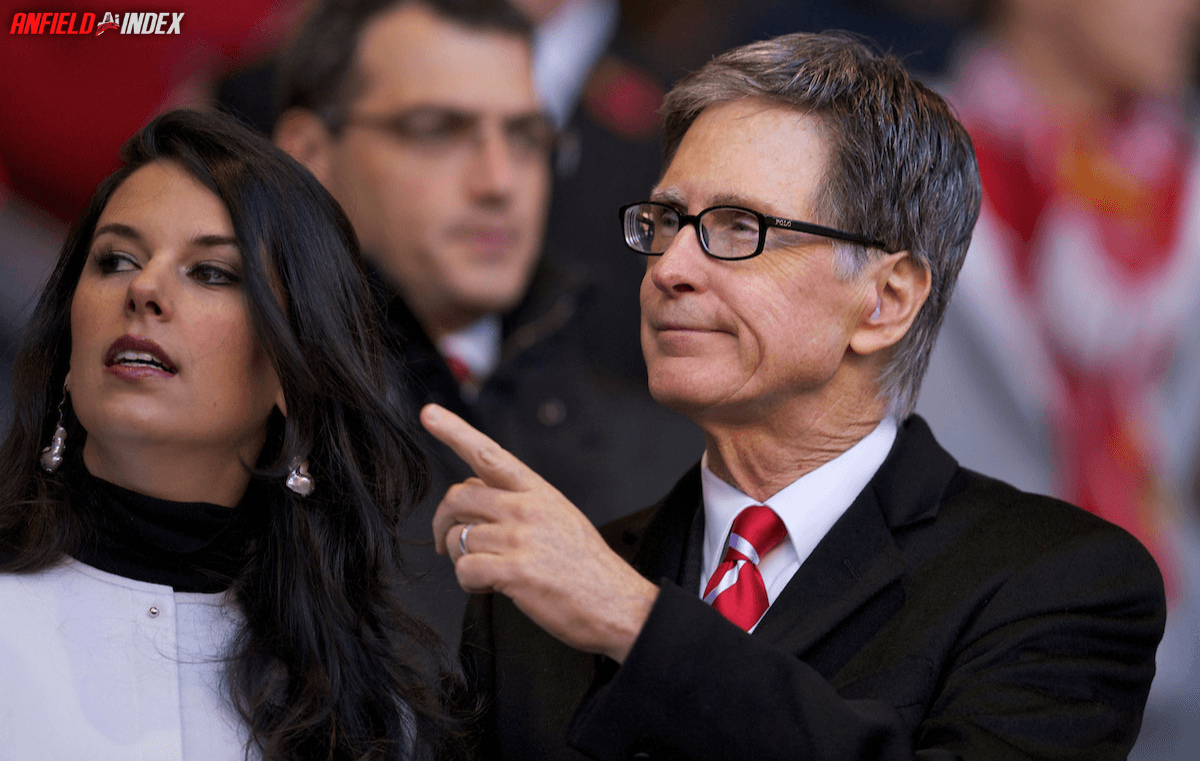Liverpool’s Transfer Strategy: Learning from Past Mistakes
Liverpool’s approach to the transfer market has long been a topic of debate among fans and pundits. Fenway Sports Group (FSG), the owners since 2010, have faced criticism for their frugal spending compared to the lavish expenditure of rivals like Manchester City. However, Liverpool legend Jamie Carragher, speaking on the BOSS Podcast, provided valuable insights into why this strategy has its merits.
The Aquilani Lesson
One of the most compelling arguments in defence of FSG’s transfer policy is the cautionary tale of Alberto Aquilani. In the summer of 2009, Liverpool signed Aquilani from Roma as a replacement for the departing Xabi Alonso. Aquilani was highly rated, having starred for Roma in their Champions League campaigns. However, his time at Liverpool was marred by constant injuries, leading to limited appearances and eventual loans to Juventus and Milan before a permanent move to Fiorentina.
Jamie Carragher reflected on this period, highlighting how it underscored the dangers of panic buys. “He [Alberto Aquilani] didn’t train, he was always injured!” Carragher laughed on the podcast. This ill-fated transfer, driven by the urgency to fill Alonso’s void, serves as a stark reminder of the pitfalls of hasty decision-making in the transfer market.
FSG’s Prudent Approach
Since taking over Liverpool, FSG has been characterized by a more measured and analytical approach to transfers. They prioritize long-term success over short-term fixes, a philosophy that has brought significant rewards, including a Premier League title and a Champions League trophy.
Carragher defended FSG’s strategy, stating, “When people say about Liverpool now and have a go at FSG and I always defend them… I’m not going to criticise someone who’s come in and done a great job.” He emphasized that a transfer like Aquilani’s, plagued by prior injuries, would never be sanctioned in the current regime. “That type of transfer now would never be allowed to happen at our club. Because the people above them would just go ‘what? He’s been injured for three months already, he’s only played that many games in his career.’”

Financial Fair Play and Liverpool’s Stability
In an era where the Premier League enforces stricter financial controls, Liverpool’s prudent spending ensures compliance with these regulations without compromising competitiveness. Unlike some clubs that might need to offload players to balance the books, Liverpool remains financially stable. This stability is a testament to FSG’s cautious and calculated approach to transfers.
Carragher’s insights shed light on the balance between financial prudence and strategic spending. He remarked, “We bought him injured, you’re losing [Xabi] Alonso and you’re buying a player who’s injured. That was just a panic buy out of nowhere.” This scenario is unlikely to repeat under FSG’s stewardship, where every potential signing undergoes rigorous scrutiny to ensure they fit both the team’s needs and the club’s financial model.
The Importance of Spending Wisely
Liverpool’s success over the past decade owes much to this strategy. Instead of engaging in reckless spending, the club focuses on acquiring players who provide long-term value. This approach not only aligns with financial fair play rules but also fosters a sustainable model for continued success.
Carragher’s reflections are a timely reminder for fans and critics alike: it’s not about how much you spend, but how wisely you spend it. The Aquilani episode is a poignant example of the consequences of panic buying, contrasting sharply with the successful, thoughtful acquisitions seen in recent years.
In conclusion, while some may argue that Liverpool should spend more extravagantly, Carragher’s defense of FSG highlights the benefits of their careful, strategic approach. By avoiding panic buys and prioritizing financial stability, Liverpool has built a foundation for sustained success, proving that smart spending trumps reckless investment.



